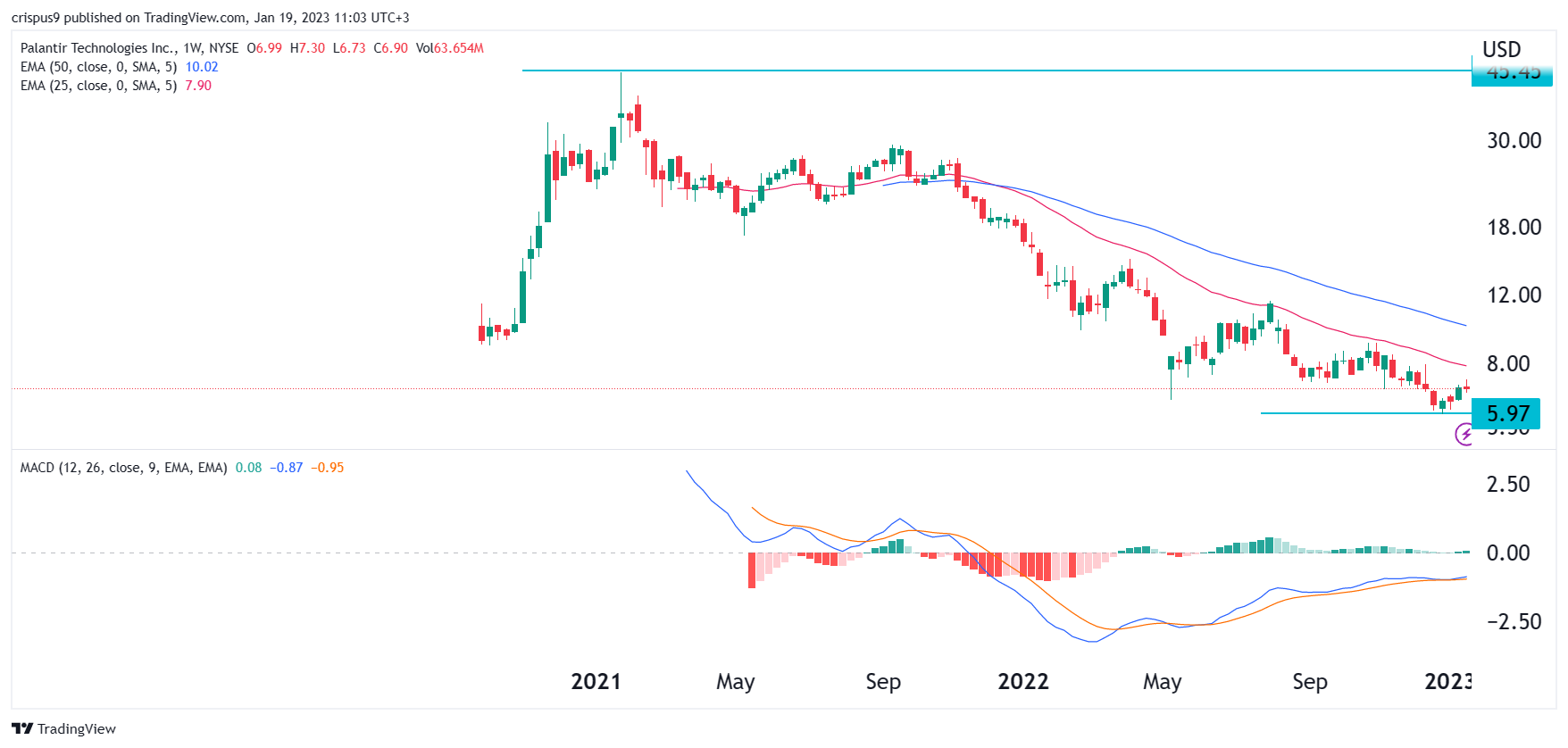The Real Safe Bet: Protecting Your Savings From Inflation

Table of Contents
Understanding Inflation and its Impact
What is Inflation?
Inflation is a general increase in the prices of goods and services in an economy over a period of time. When the price level rises, each unit of currency buys fewer goods and services. Consequently, inflation reflects a reduction in the purchasing power per unit of money – a loss of real value in the medium of exchange and unit of account within the economy. This means your money simply buys less. For example, if inflation is 3%, a $100 item will cost $103 next year. This impact is felt across everyday expenses, from groceries and gasoline to housing and healthcare.
Measuring Inflation:
The Consumer Price Index (CPI) is a primary measure of inflation in many countries. The CPI tracks the changes in the prices paid by urban consumers for a basket of consumer goods and services. By monitoring the CPI, economists and policymakers can gauge the rate of inflation and adjust economic policies accordingly. Understanding the CPI helps you understand how inflation affects your personal finances.
- Inflation's impact on different asset classes: Inflation affects different investments differently. Cash loses value during inflation, while stocks and real estate often keep pace or even outperform it. Bonds, however, can be negatively impacted, depending on the type and interest rate.
- Your personal inflation rate: Your personal inflation rate might differ from the official CPI, depending on your spending habits. If you spend a larger portion of your income on goods and services that are increasing in price faster than the average, your personal inflation rate will be higher.
- Dangers of low-yield savings accounts: Keeping significant savings in low-yield accounts, like traditional savings accounts, directly exposes your money to the erosive effects of inflation. Your returns might not even keep up with the rising cost of living.
Strategies to Protect Your Savings from Inflation
Investing in Stocks:
Stocks, representing ownership in a company, historically offer the potential to outpace inflation over the long term. Companies tend to increase their earnings as the economy grows, allowing them to increase dividends and share prices.
- Index Funds: These funds track a specific market index (like the S&P 500), offering broad diversification and relatively low fees.
- Individual Stocks: Investing in individual stocks allows for more targeted growth but requires more research and carries higher risk.
- ETFs (Exchange-Traded Funds): ETFs offer diversified exposure to specific sectors or asset classes, providing flexibility and liquidity.
Investing in Real Estate:
Real estate has historically served as a good inflation hedge. Rental income and property appreciation can often keep pace with or exceed inflation.
- Rental Properties: Generating passive income from rental properties can offset inflation's impact.
- REITs (Real Estate Investment Trusts): REITs allow you to invest in a portfolio of real estate properties without directly owning them.
Investing in Commodities:
Commodities like gold and other precious metals are often seen as a store of value and an inflation hedge. However, it's important to note that commodity prices can be volatile.
- Gold: Gold is a traditional safe haven asset that tends to hold its value or appreciate during periods of economic uncertainty and high inflation.
- Other Precious Metals: Silver, platinum, and palladium are also considered inflation hedges, although their price movements can differ from gold.
Treasury Inflation-Protected Securities (TIPS):
TIPS are government bonds whose principal value adjusts with inflation. This feature protects investors from the erosion of purchasing power caused by rising prices.
Diversification:
Diversifying your investment portfolio across different asset classes (stocks, bonds, real estate, commodities) is crucial to mitigating risk and protecting against inflation.
- Risk Tolerance: Your risk tolerance should inform your investment choices. Higher-risk investments offer greater potential returns but also carry more volatility.
- Long-Term Investing: A long-term investment horizon allows you to ride out market fluctuations and benefit from the long-term growth potential of your investments.
- Financial Advisor: A financial advisor can help you develop a personalized investment strategy that aligns with your risk tolerance, financial goals, and time horizon.
Building a Robust Inflation-Proof Savings Plan
Budgeting and Savings Goals:
Creating a detailed budget and setting realistic savings goals is the foundation of any successful savings plan. This allows you to track your income and expenses and identify areas where you can reduce spending and increase savings.
Emergency Fund:
Having 3-6 months' worth of living expenses in an easily accessible emergency fund protects you from unexpected financial shocks, allowing you to avoid dipping into your long-term investments during inflationary periods.
Regular Contributions:
Consistently contributing to your investment accounts, even small amounts, is crucial for long-term growth. The power of compounding returns significantly increases your savings over time.
Review and Adjust:
Regularly reviewing your investment strategy and making adjustments based on economic conditions, your risk tolerance, and your financial goals is essential. Your plan should evolve with you.
- Increase Savings: Explore ways to increase your savings, such as cutting unnecessary expenses, increasing income, or finding higher-yield savings options.
- Financial Literacy Resources: Utilize online resources, books, and workshops to enhance your financial literacy and make informed investment decisions.
- Track Investment Performance: Monitor your investment performance regularly to ensure your portfolio is aligned with your goals.
Conclusion:
Protecting your savings from inflation is crucial for maintaining your financial well-being. By understanding inflation's impact and implementing the strategies discussed – including diversifying investments in stocks, real estate, commodities, and TIPS – you can create a robust plan to safeguard your future. Remember that consistent saving and strategic investing are key to beating inflation.
Don't let inflation erode your hard-earned savings! Start building your inflation-proof savings plan today by exploring the investment options discussed above and making the real safe bet for your financial future. Learn more about protecting your savings from inflation and securing your financial independence.

Featured Posts
-
 Elections Municipales Dijon 2026 Ambitions Ecologistes
May 09, 2025
Elections Municipales Dijon 2026 Ambitions Ecologistes
May 09, 2025 -
 L Heritage De Melanie Eiffel A Dijon Une Exposition Inedite
May 09, 2025
L Heritage De Melanie Eiffel A Dijon Une Exposition Inedite
May 09, 2025 -
 Palantir Stock Prediction 2 Potential Investments For Higher Returns In 3 Years
May 09, 2025
Palantir Stock Prediction 2 Potential Investments For Higher Returns In 3 Years
May 09, 2025 -
 Vegas Golden Knights Defeat Columbus Blue Jackets Hills Stellar Performance
May 09, 2025
Vegas Golden Knights Defeat Columbus Blue Jackets Hills Stellar Performance
May 09, 2025 -
 Indian Stock Market Rally 5 Key Factors Behind Sensex And Niftys Sharp Gains
May 09, 2025
Indian Stock Market Rally 5 Key Factors Behind Sensex And Niftys Sharp Gains
May 09, 2025
